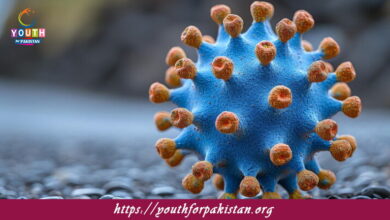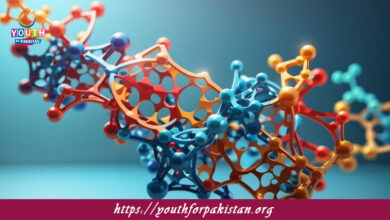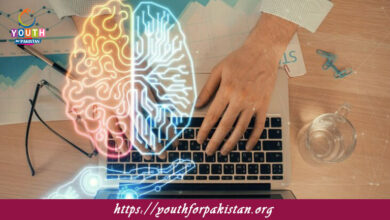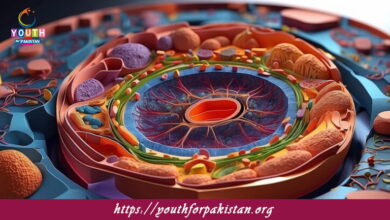Cardiovascular System MDCAT Quiz with Answers
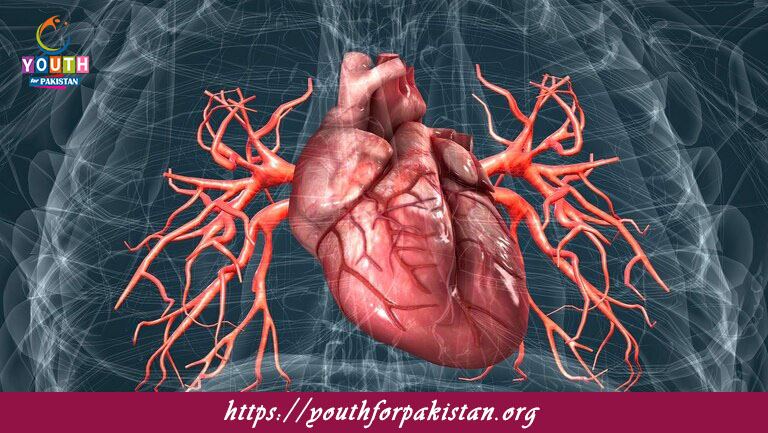
Cardiovascular System MDCAT Quiz: The cardiovascular system is central in the maintenance of homeostasis, transporting nutrients, gases, and wastes throughout the body. This complex system is made up of the heart, blood vessels, and blood, which all work in harmony to make sure that circulation is efficient. Knowledge of the anatomy and physiology of the cardiovascular system is, therefore, very important for MDCAT students to succeed in the exam. The MDCAT Quiz on this topic will test your knowledge of the structure of the heart, blood flow, and physiological processes governing cardiovascular function.
Anatomy and Function of the Heart
The heart is a muscular organ responsible for pumping blood throughout the body. It consists of four chambers: two atria and two ventricles. The heart functions in a systematic manner to pump oxygenated blood to the body and deoxygenated blood to the lungs. The MDCAT Quiz will cover topics such as the electrical conduction system of the heart, the role of the sinoatrial node, and how the cardiac cycle is regulated. Understanding these mechanisms is essential for grasping how the heart maintains proper circulation.
Blood Vessels and Circulation
The blood vessels, which include arteries, veins, and capillaries, form an enormous network that enables the flow of blood. The arteries carry oxygenated blood away from the heart, and veins return deoxygenated blood to the heart. Capillaries, on the other hand, are involved in the exchange of gases, nutrients, and wastes at the cellular level. The Free Flashcard on blood vessels would, therefore, enable one to memorize the major characteristics and functions of each vessel type. Studying these topics extensively would, therefore, make you well-prepared for the MDCAT exam.
Quiz on Cardiovascular System
Taking a MDCAT Quiz on the cardiovascular system will help reinforce knowledge needed for answering questions on how the heart functions, blood vessels, and the circulatory process. The quiz will go into great detail on blood pressure regulation, the path of blood circulation, and physiological significance related to cardiovascular health. Additionally, Free Flashcards can be used as a very effective tool to review quickly and memorize key facts and processes for the exam.

The ________ valve prevents backflow of blood from the left ventricle to the left atrium.
Mitral valve

The ________ is responsible for the exchange of gases, nutrients, and waste between blood and tissues.
Capillaries

The ________ is a network of blood vessels that supply oxygen and nutrients to the heart muscle.
Coronary circulation

The ________ is a part of the cardiovascular system that transports blood between the heart and the lungs.
Pulmonary circulation
Experience the real exam environment with our expertly designed collection of over 25,000 MCQs MDCAT Mock Tests.


